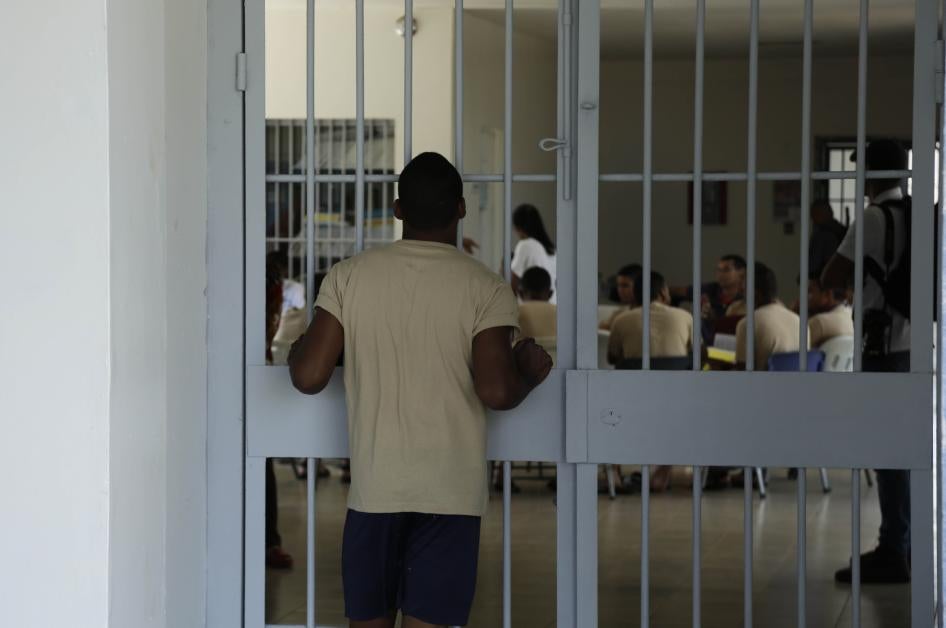Recently, the Inter-American Court of Human Rights (IACtHR) ordered Panama to ensure migrants had immediate access to essential health services. If Panama wants to limit the spread of Covid-19 in detention centers and the whole community, it must comply with this ruling.
Abide the ruling of the IACtHR is necessary in order to comply with the international obligations of panama. The UN Subcommittee on the Prevention of Torture’s call to all states, including Panama, to reduce populations in detention centers and refugee camps “to the lowest possible level”. Panama should start releasing hundreds of migrants detained and apply non-custodial oversight instead. The Center for Justice and International Law, which brought the case before the IACtHR, noted that migrant detentions have now become indefinite. In such circumstances, according to international human rights standards, administrative detention of migrants in Panama is no longer an exceptional measure of last resort for the shortest possible time, and cannot be justified.
The Court’s ruling specifically referenced two severely overcrowded migrant centers in Panama’s Darien province, both of which have had confirmed Covid-19 cases. In La Peñita station, as of May 2020, there were 1,694 migrants—more than 7 times its maximum capacity, according to Panamanian authorities. There were 16,004 confirmed cases of Covid-19 and 386 deaths from the disease in Panama as of June 8.
Overcrowding in Panama’s prisons poses a similar concern. Panama has a prison population of about 17,800 prisoners. According to the Ministry of Government, as of June 4, 665 prisoners had the coronavirus. In the Santiago prison in Veraguas, 313 out of 500 detainees have tested positive. One of them died. In this regard, the General Direction of the Penitentiary System, claims that it sought to move him to house arrest due to his underlying diabetes, but “relevant authorities” denied that request. The prison’s capacity is 150 inmates – this is one third of the total prisoners.
Authorities need to effectively include all detainees, refugees and migrants in the national response to Covid-19, including access to prevention, testing, and treatment. The Inter-American Commission on Human Rights and several United Nations bodies have called on states in the region and around the world to reduce overcrowding to curb the spread of Covid-19, provide adequate health care, and establish prevention protocols.
Panama should prioritize the release of detainees in pretrial detention, particularly those accused of low-level or non-violent crimes, people close to the end of their sentences, and those at higher risk of severe illness from Covid-19, such as older people, pregnant women and girls, and people with certain underlying health conditions. These releases can be temporary and involve house arrest or other monitoring measures.
Reducing overcrowding immediately is key to preventing widespread infection in prisons and migrant shelters, which could also impact the rest of the population. Panama has no time to lose.









